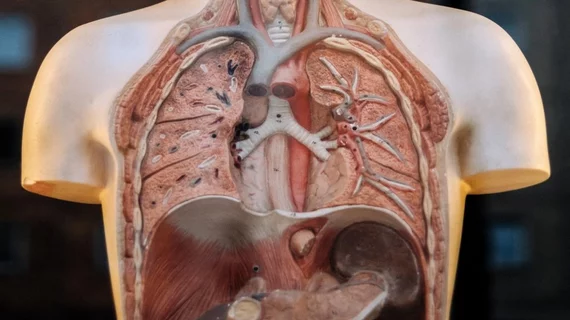Kentucky AG launches criminal probe after conscious man nearly has organs harvested
A man in Kentucky woke up on an operating room table as clinicians were shaving his chest and discussing how best to harvest his organs.
Anthony “TJ” Hoover, then 33, found himself terrified, shaking his head and staring at the nurses as they applied surgical solution to his body. Luckily, that was enough to convince them that he was not ready to die.
After a few weeks, he walked out of the hospital with his family. Now, three years later, questions remain about the protocols at Baptist Health in Richmond, Kentucky, and the actions of Kentucky Organ Donor Affiliates (KODA), a third-party organ donation service.
In its report on the incident, CNN stated that both declined to be interviewed. KODA has since merged with another donor group, changing its name to Network for Hope. In a statement, Network for Hope said it “remains confident that accepted practices and approved protocols were followed.” It also claimed that the case has been “inaccurately represented,” including by “individuals never involved with this case.”
Nevertheless, the disturbing details have prompted a criminal investigation by Kentucky’s attorney general.
Despite being declared brain dead and unresponsive by doctors at Baptist Health, TJ said he was conscious and aware of discussions about pulling his life support. Further, his family told reporters that KODA reached out to them with a sales pitch about how many lives TJ could save, if they harvested his organs sooner rather than later.
TJ was a registered organ donor, earning him the attention of KODA.
For more of the story, read the full feature from CNN at the link below.

